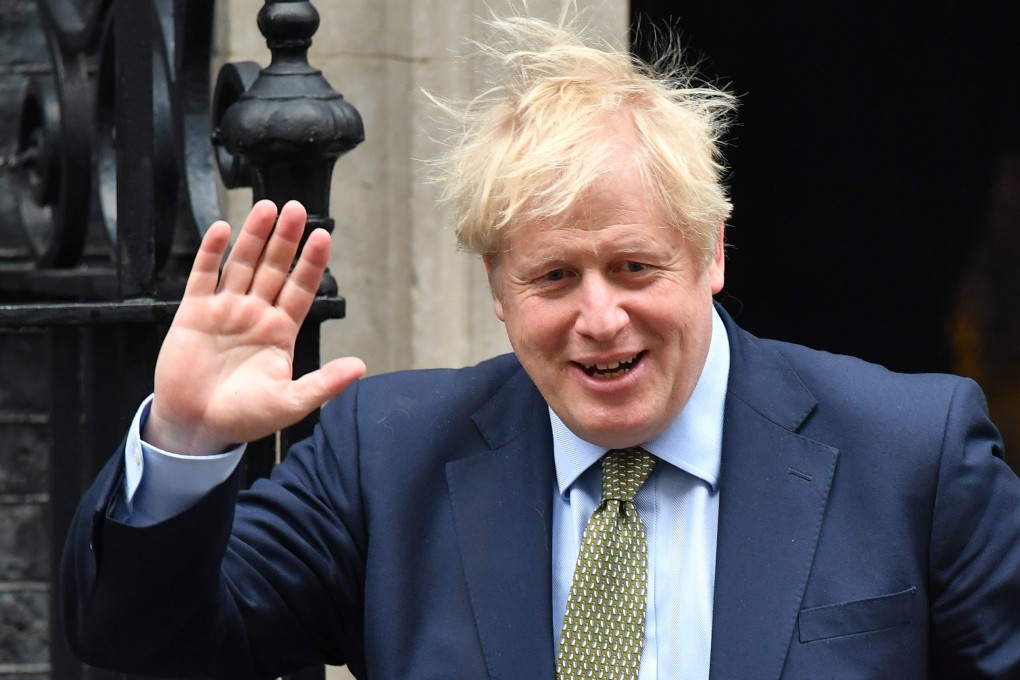What will UK be like February 1, the day after Brexit?
- January 31 departure will kick off the first stage of the UK’s exit from the European Union
- Both sides will need to strike terms of their new relationship in trade, security and a host of other areas by the end of 2020

To celebrate the UK leaving the European Union at the end of the month, the Royal Mint will release three million 50 pence coins, emblazoned with the words: “Peace, prosperity and friendship with all nations”.
However, in Britain, many Brexit voters are likely to feel short-changed by UK Prime Minister Boris Johnson’s election pledge to “get Brexit done” as he struggles with the nitty-gritty of trade deals – not just with the 27 states that make up the EU, but also with the rest of the world.
From February 1, London will no longer send representatives to Brussels to make new laws. The UK will, however, continue to follow 40 years of common legislation on everything from finance to farming subsidies, until the end of the year.
Then comes the hard part, agreeing on the post-Brexit rules and regulations so important to British industry and jobs.
And as the clock ticks down to the January 31 political departure, battle lines are hardening between the two sides, with a hard crash-out at the end of the year still a distinct possibility.
The European Commission, the EU’s executive, said talks on the trade deal that will follow the UK’s departure will only start after EU foreign ministers have approved a negotiating mandate with London at a meeting on February 25.